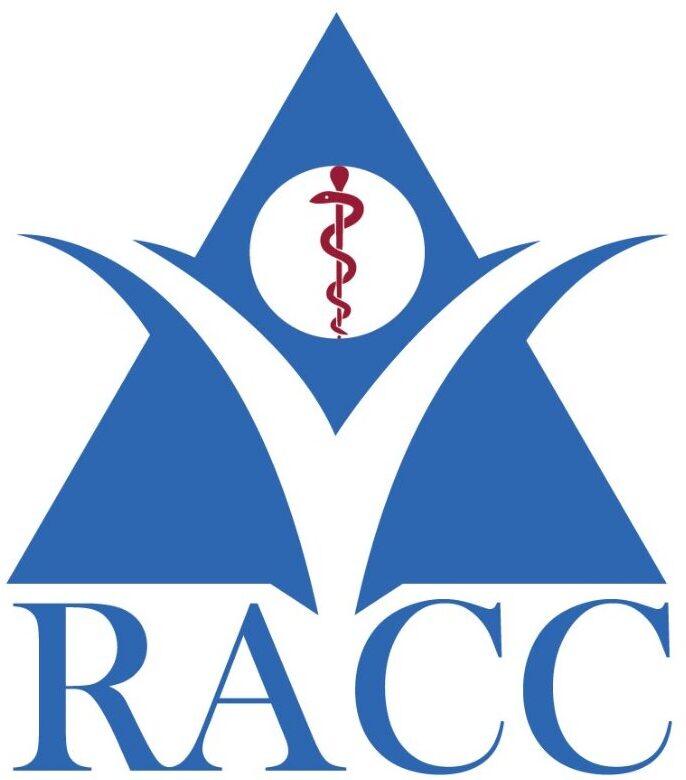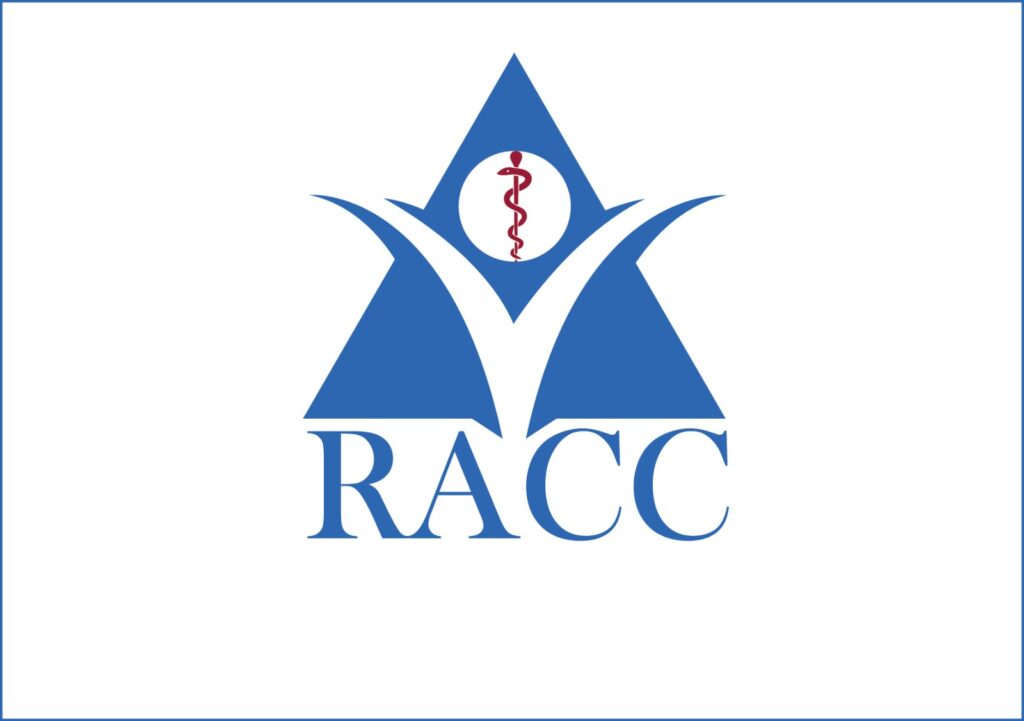What is a Heart Attack?
A heart attack, or myocardial infarction, occurs when blood flow to a section of the heart muscle is greatly reduced or blocked, usually due to a blockage in the coronary arteries.
This insufficient blood supply can result in the death of the affected heart tissue, causing irreversible damage if not addressed promptly.
A heart attack is a medical emergency that demands immediate attention.
What are the Symptoms of a Heart Attack?
Symptoms of a heart attack can differ, but common signs include:
- Chest Pain: Discomfort that may feel like heaviness or crushing in the chest, possibly radiating to the arms, neck, jaw, back, or stomach.
- Shortness of Breath: A feeling of breathlessness or trouble breathing.
- Nausea and Sweating: Many individuals report nausea, indigestion, or cold sweats.
- Fatigue and Anxiety: Feelings of fatigue, impending doom, or unusual anxiety can also be present.
- Gender Differences: Women may experience symptoms differently, often reporting more back or jaw pain and less chest discomfort than men.
What Causes a Heart Attack?
Blockages in the coronary arteries primarily cause heart attacks due to plaque buildup (atherosclerosis).
When this plaque ruptures, it can lead to a blood clot obstructing blood flow.
Other potential causes include:
- Coronary artery spasms
- Physical trauma
- Certain medical conditions that impair blood flow
What are the Risk Factors?
Various risk factors heighten the chances of having a heart attack:
- Age and Gender: Risk escalates with age; men are generally at higher risk earlier than women.
- Family History: A genetic predisposition to heart disease increases risk.
- Lifestyle Factors: poor diet, smoking, lack of physical activity, and excessive alcohol consumption contribute to risk.
- Health Conditions: Conditions such as diabetes, obesity, high blood pressure, and high cholesterol heighten the likelihood of heart attacks.
How Can You Prevent a Heart Attack?
While some risk factors are beyond your control, proactive steps can help lower your risk:
- Regular Checkups: Annual doctor visits enable monitoring and management of risk factors.
- Healthy Lifestyle: Maintain a balanced diet, exercise regularly, quit smoking, and manage stress effectively.
- Medication Adherence: Follow prescribed medications to control existing health conditions.
Take Charge of Your Heart Health!
At Rajahmundry Advanced Critical Care ICU (RACC ICU), we are committed to helping you understand your heart health and lowering your risk of a heart attack. Schedule your checkup today and take a significant step towards a healthier heart!



